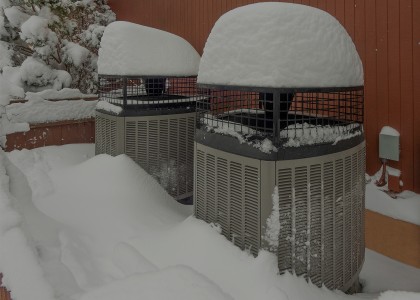Energy efficiency is an important cornerstone for America's energy policy. Energy-efficiency has saved consumers and businesses several trillion dollars in the past two decades including hundreds of billions in 2002 alone. These efforts should now be accelerated in order to:
- o Save consumers and businesses even more money;
- o Change the energy supply and demand balance and put downward pressure on energy prices;
- o Decrease reliance on imported oil;
- o Help with economic development (since savings from energy efficiency generates jobs);
- o Reduce carbon emissions, helping to moderate growth in the gases that contribute to global climate change.
The provisions in the draft Energy Policy Act of 2003 take modest steps in this direction and are a significant improvement relative to the efficiency provisions passed by the House in 2001. In particular, we support:
- Title I on Energy Conservation – especially the sections on energy conservation standards for additional consumer and commercial products and on federal leadership in energy conservation;
- Title VI on DOE Programs and the sections of Title V dealing with hydrogen vehicles and fuel;
- Title X on Automobile Efficiency, primarily because it improves on the 2001 legislation by not extending the dual-fuel credit for cars (thereby saving on the order of 55 million barrels of oil annually).
Overall, we estimate that these provisions will reduce U.S. energy use by nearly 1% over the 2004-2020 period, including approximately a 2% reduction in 2020. By 2020 these provisions will also displace the need for approximately 130 new power plants of 300 MW each.
However, more can and should be done to improve U.S. energy efficiency including:
- o Clarifying that DOE can address furnace fan energy use in its current rulemaking for a new residential furnace efficiency standard;
- o Adding other new efficiency standards when and if negotiations with industry are successfully completed;
- o Setting a fuel-savings goal of 1 million barrels per day of oil savings by 2010 for future passenger vehicle fuel-economy rules (an increase of about 5 mpg from current levels, thereby displacing a little more than we now import from Iraq);
- o Encouraging combined heat and power and other distributed generation systems by adding provisions to Title VII that would provide an orderly transition from the current PURPA structure to one in which distributed generators participate in a fair market place that values their benefits and prices services in a truly competitive manner;
- o Including an Energy Efficiency Performance Standard, modeled after a program now operating in Texas.
These additional provisions would increase energy savings under the bill by more than a factor of five. Failure to take these steps now will make it more likely that Congress will have to address energy problems in the not very distant future.

